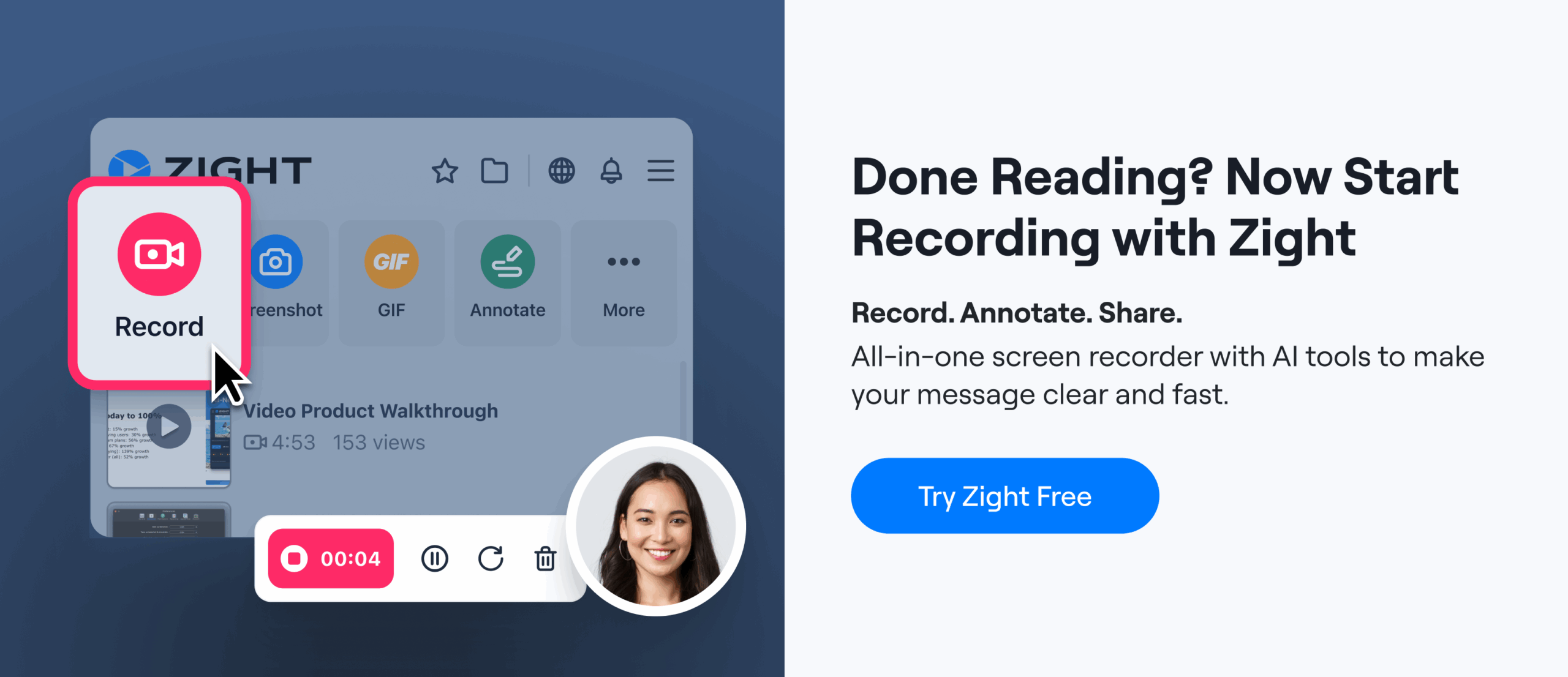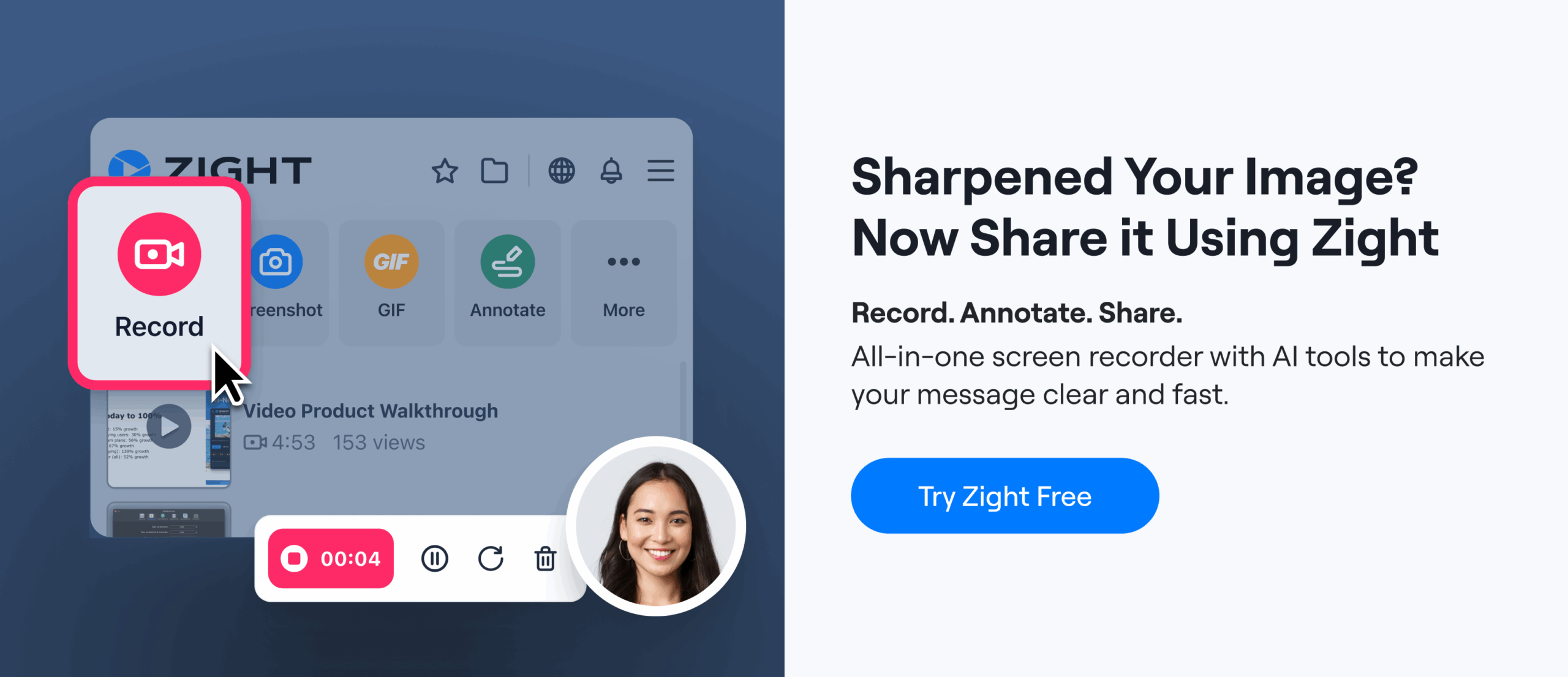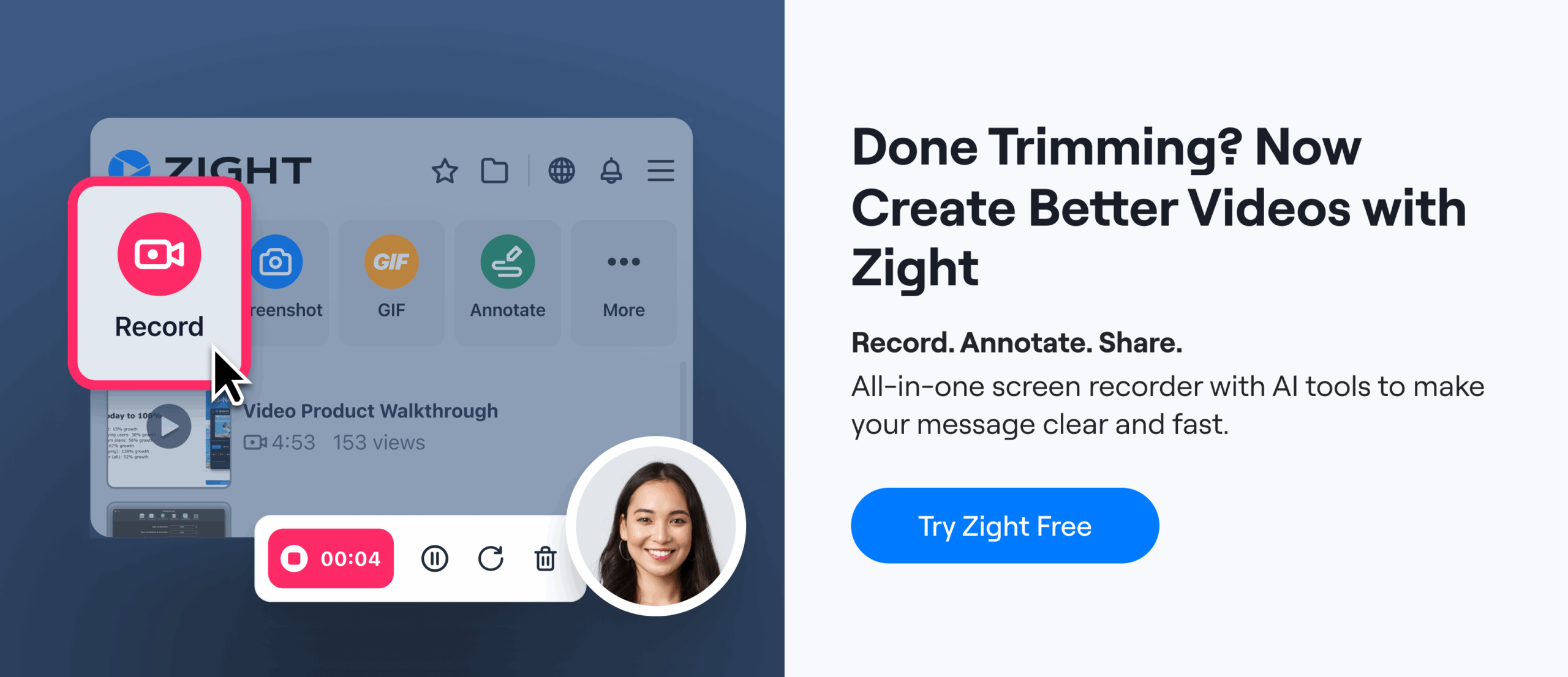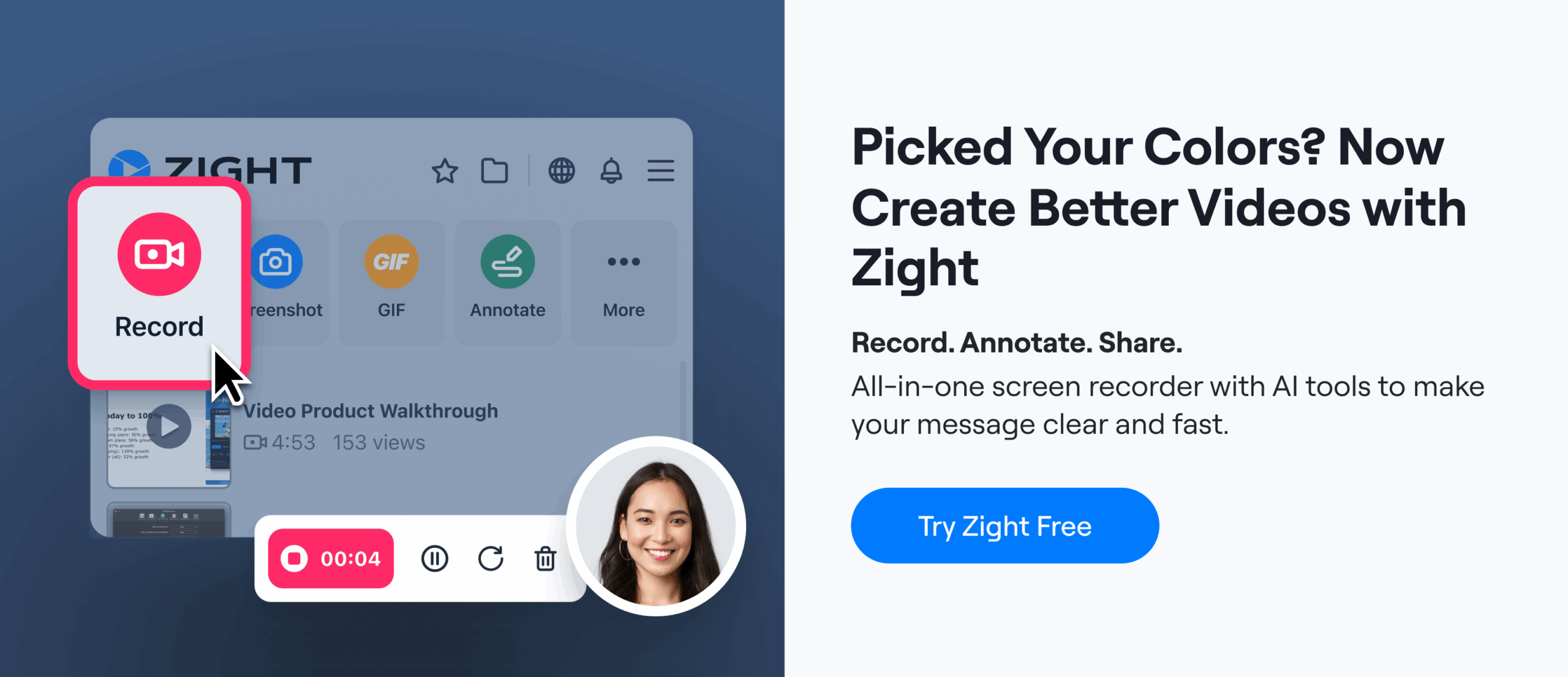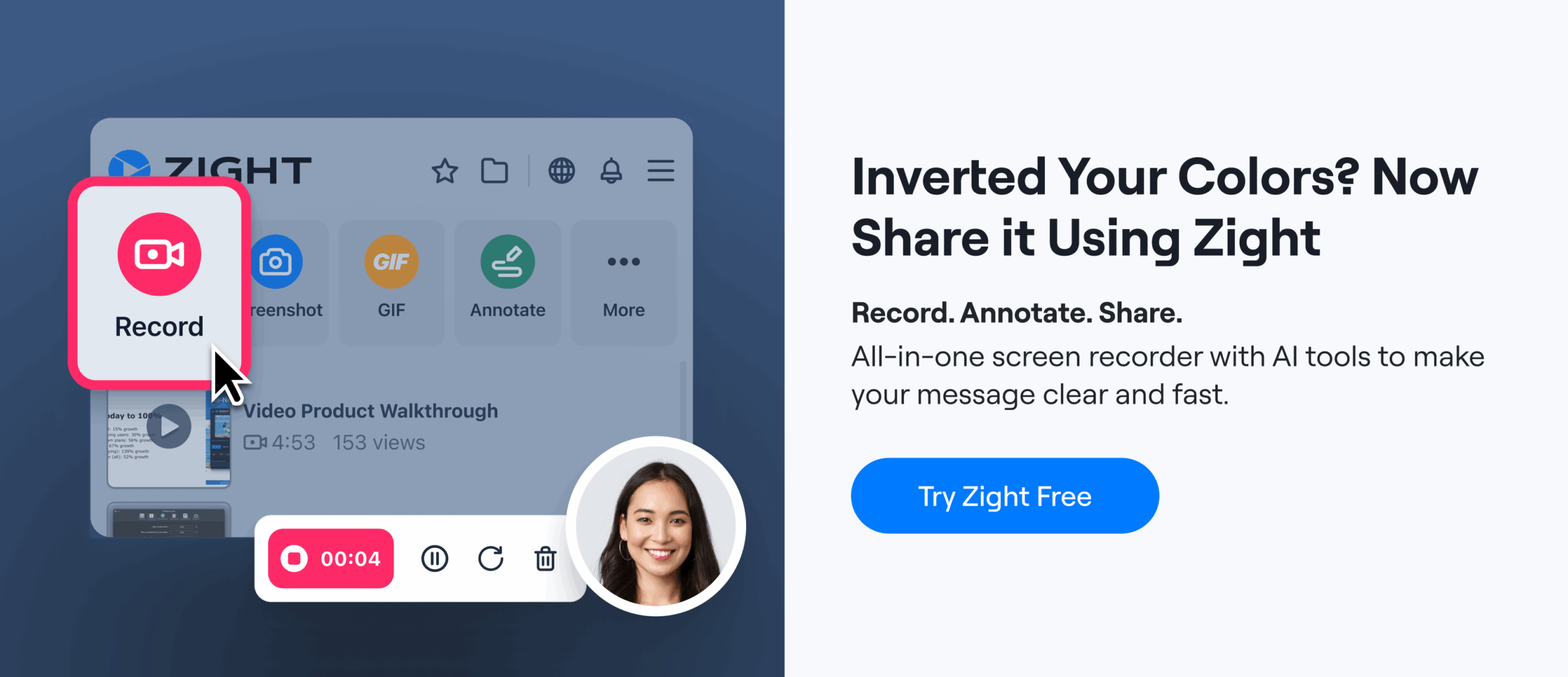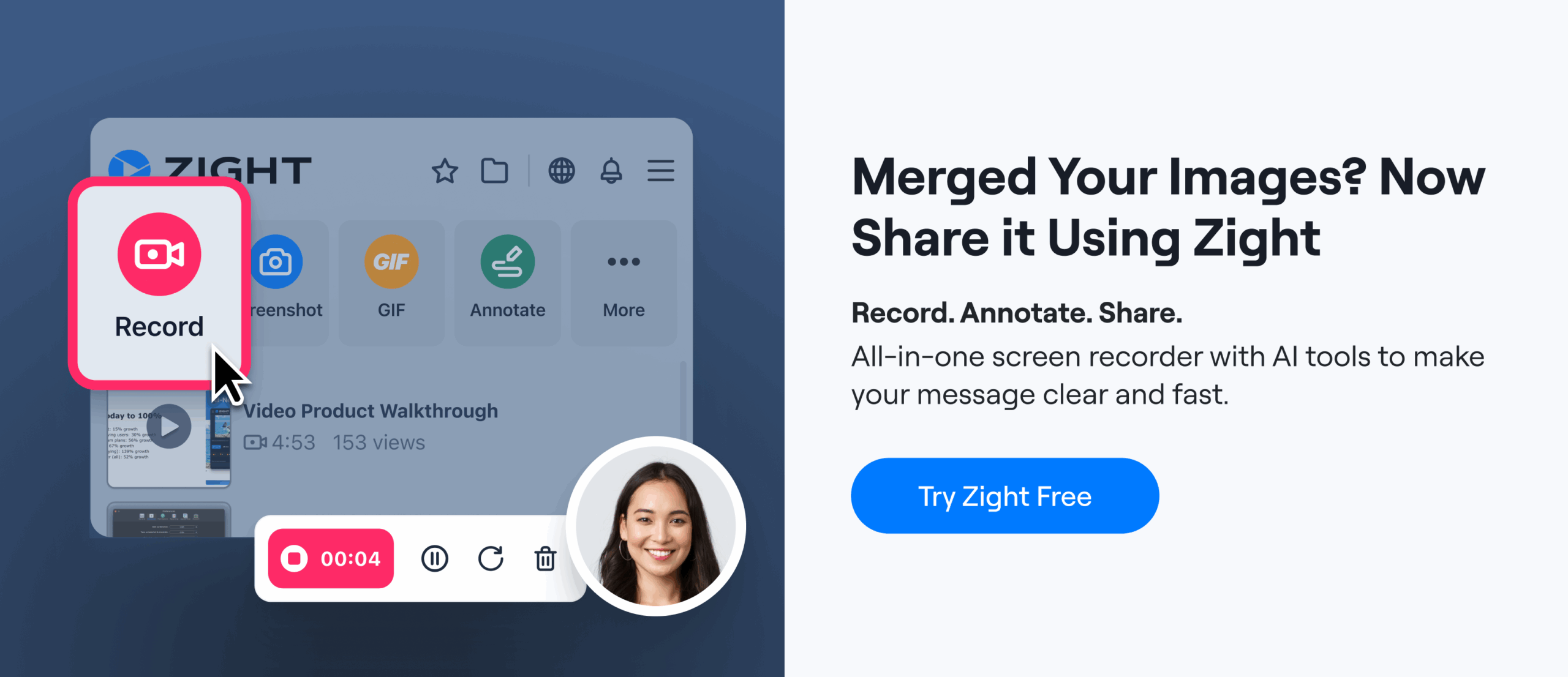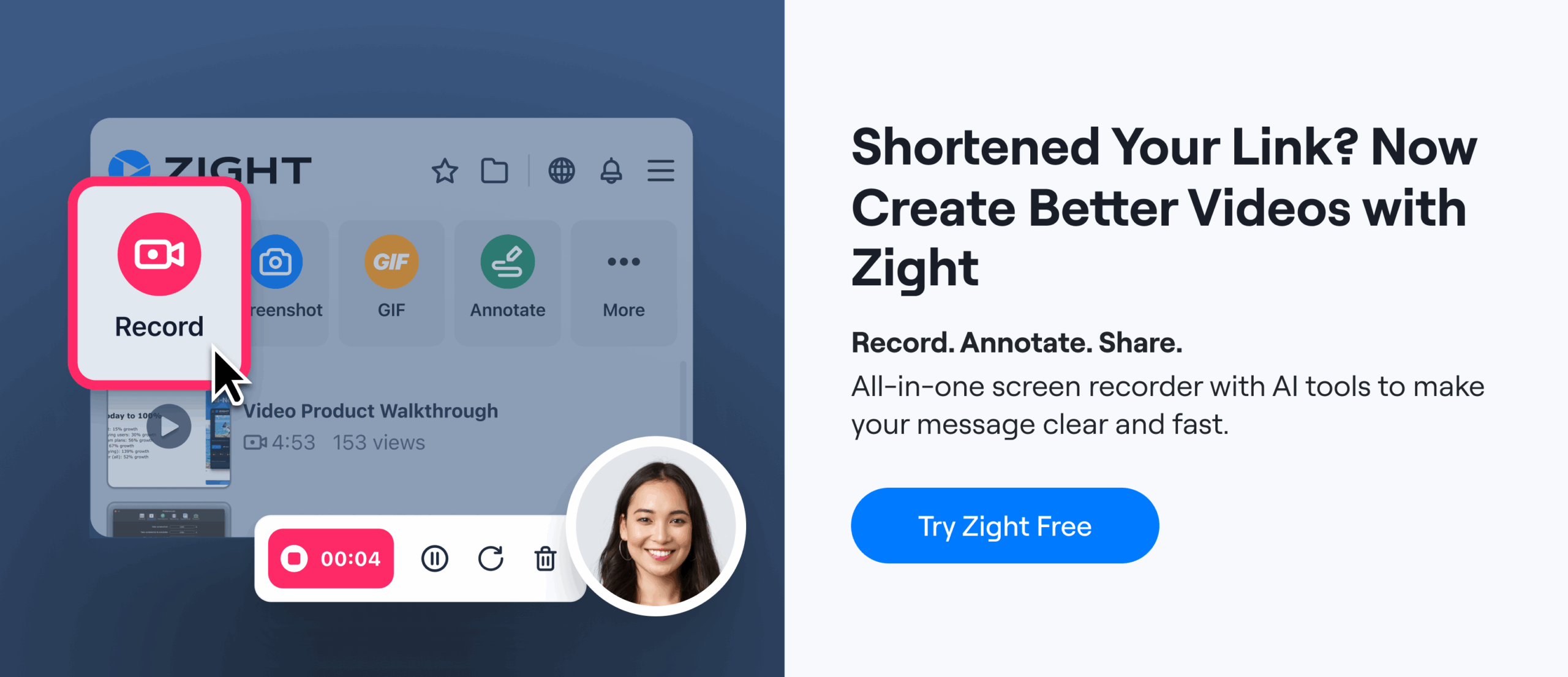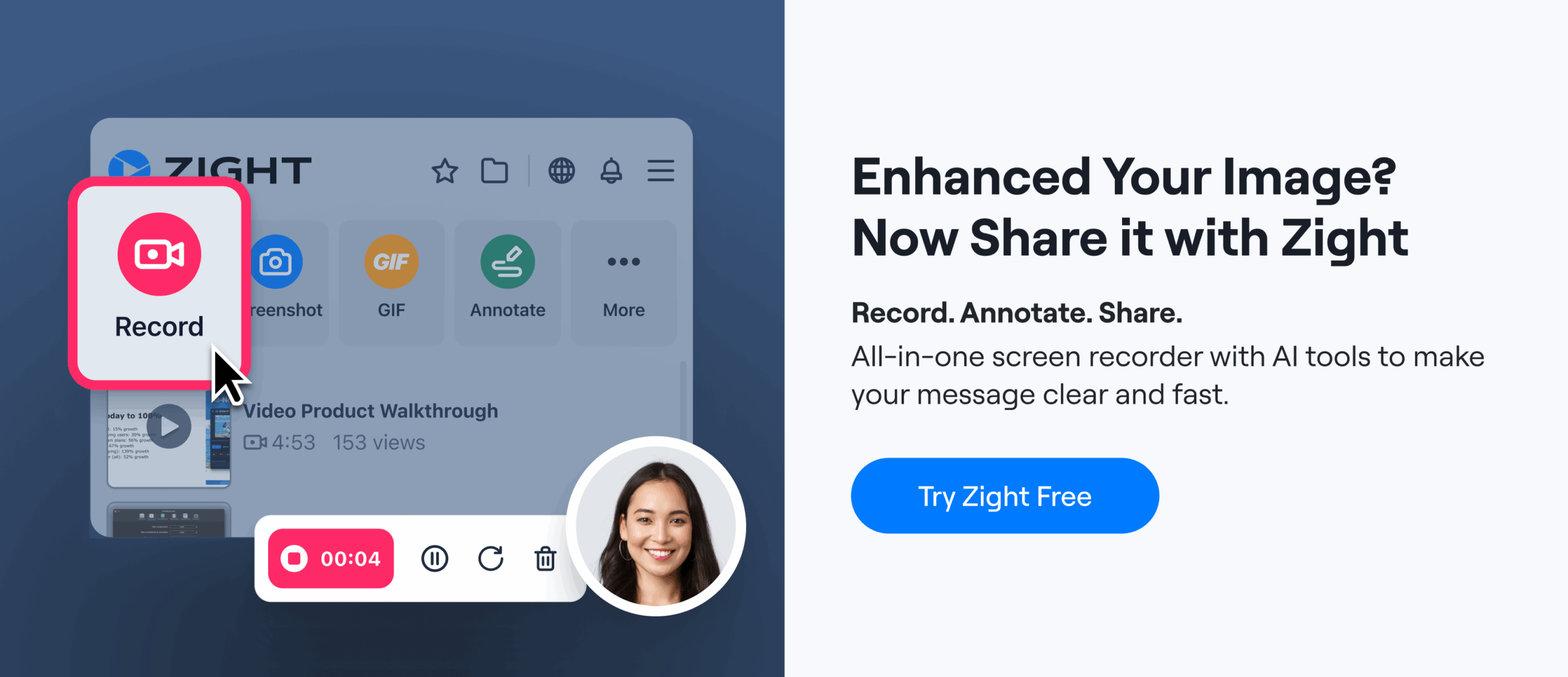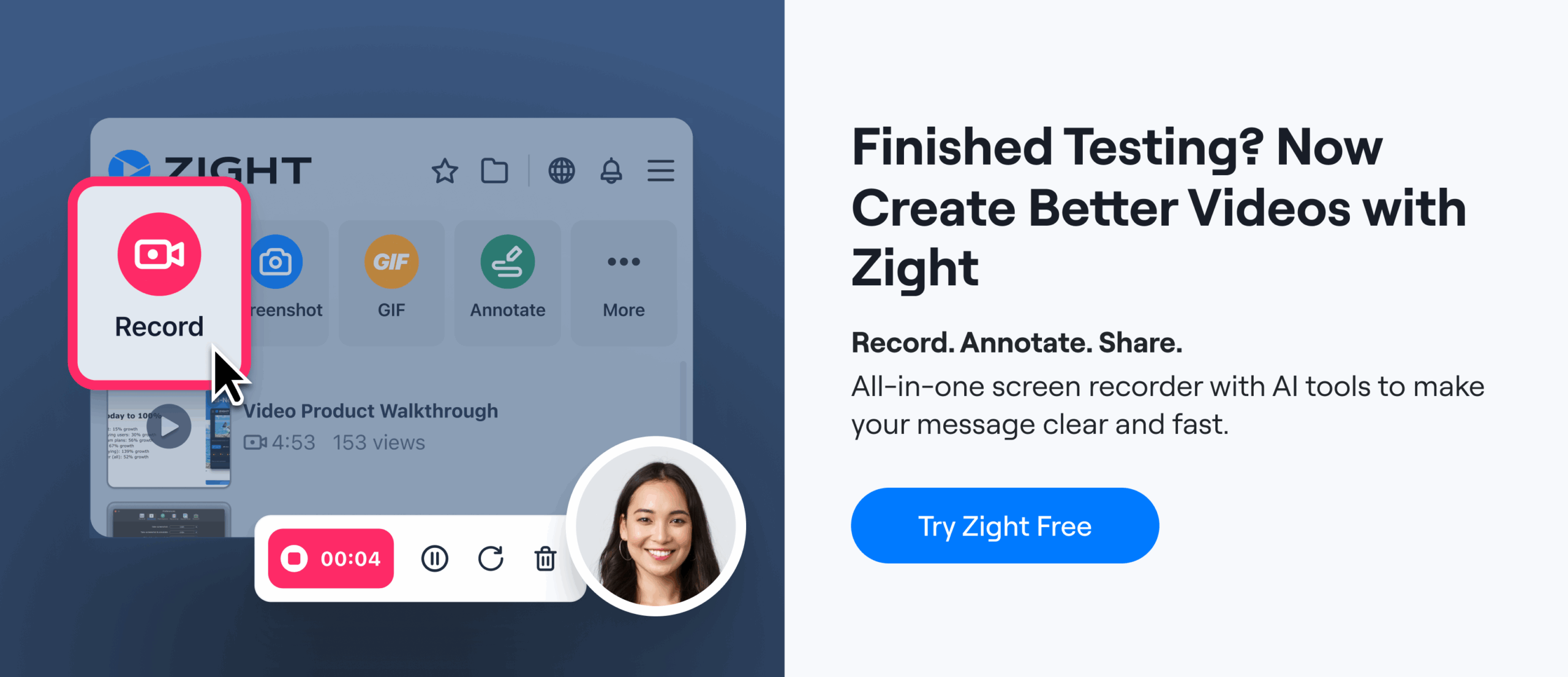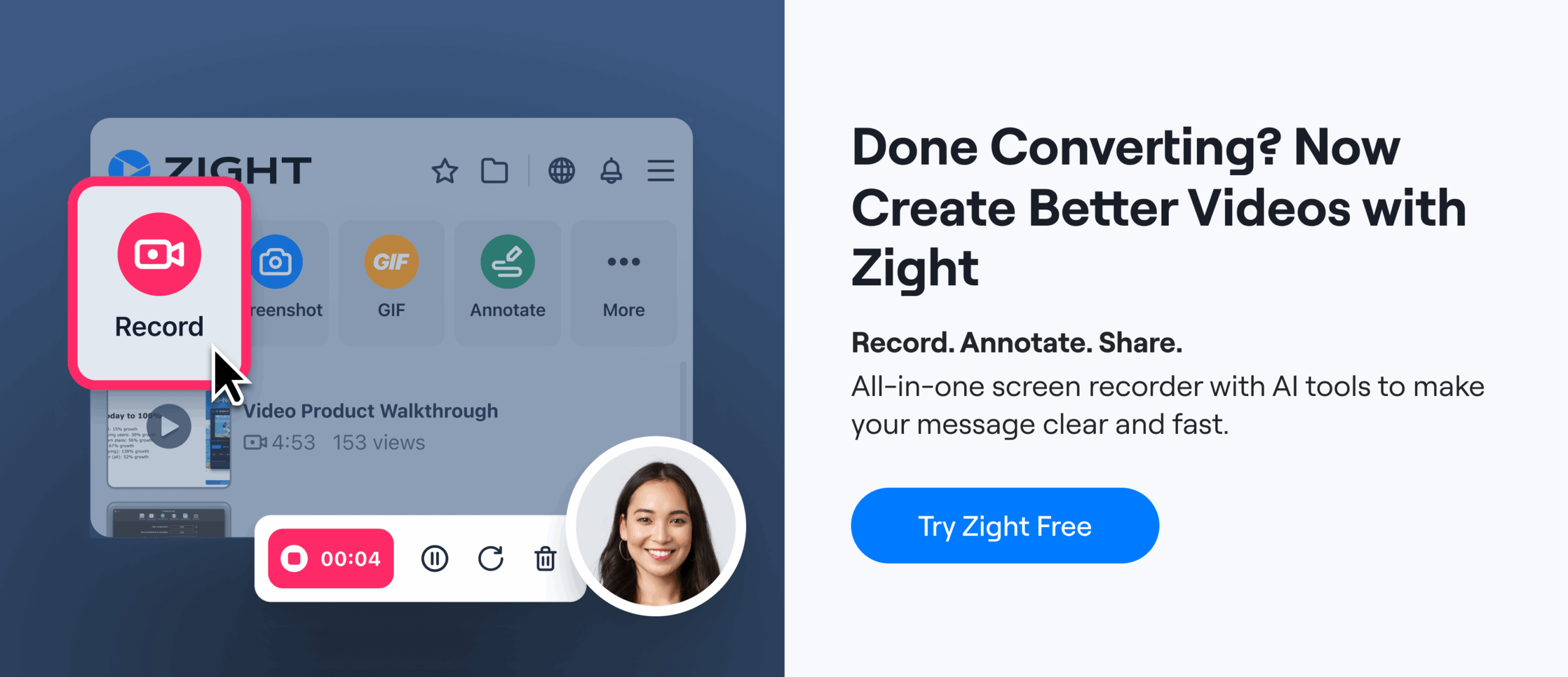If you capture, edit, and share many screenshots, using a good screenshot app can offer quite a few benefits. But with so many options on the market, how do you choose the right screenshot tool for your needs?
In this guide on choosing between screenshot apps, we’ll cover all the important factors to consider to help you find a screenshot app that you will love using!
Different Types of Screenshot Apps
Taking a screenshot may seem like a pretty simple functionality, so it may surprise you that there are several different types of screenshot apps on the market. The first type is built-in system tools; most devices will allow you to take screenshots without downloading a third-party app. However, these tools typically have limited features and functionality and may not be the best choice for someone who plans to capture and edit many screenshots.
That brings us to third-party software, browser extensions, and mobile apps. These three types of screenshot apps comprise the bulk of what’s on the market, and they can come equipped with a wide range of advanced features—such as editing tools, tools for sharing screenshots with others, security features, and more.
A few specialty screenshot apps are available, including automated screenshot tools designed to take screenshots at specific intervals and are often used for creating time-lapse videos. For the purpose of this article, though, we’ll mostly focus on standard screenshot apps.
Compatibility With Devices
The first and perhaps most important consideration when choosing a screenshot app is making sure it will be compatible with your device. For example, some screenshot apps only work for Mac or Windows computers, while others are designed exclusively for mobile devices. If you want to use the screenshot app across multiple devices, it’s a good idea to choose a multi-device screenshot app like Zight that is compatible with computers, mobile phones, and tablets.
Pricing Options
Another key consideration when choosing a screen capture app is its cost. Many screenshot apps are free to download and use, while others charge either a one-time fee or an ongoing subscription fee. Many screenshot apps offer a free-to-use version in addition to premium versions that come equipped with additional features. This is helpful since it allows you to try out the app and get a feel for its core functionality before committing to a paid version.
Key Features a Screenshot App Should Have
When deciding how to choose between screenshot apps, there are several key features that you’ll want to prioritize. Whatever app you end up choosing, here are some of the most important features that it should offer:
User Interface, Ease of Navigation, and Customer Support
First and foremost, a screenshot app should be easy to use. One of the big benefits of using a third-party screenshot app is that it is designed to streamline the process of capturing, editing, and sharing screenshots. If the app is clunky and difficult to navigate, then it’s probably not going to save you very much time.
Customer support is also a key consideration. If you choose a well-polished and user-friendly screenshot app like Zight, you shouldn’t run into issues very often. When problems and questions do arise, though, it’s nice to know that the app offers quality support services to get you back on track.
Editing and Annotation Capabilities
One of the biggest benefits of using a screenshot app compared to using your device’s built-in screenshot tools is that screenshot apps often include advanced editing capabilities for editing your screenshot directly within the app. This means you won’t have to download additional software and can capture and edit screenshots without having to switch back and forth between different apps.
As for the editing capabilities you should look for, a well-rounded screenshot tool such as Zight will offer editing features like adding text and stickers, crop and adjust your screenshots, add annotations, and numerous other editing capabilities.
Integration With Other Apps and Platforms
Many screenshot apps are designed to integrate with other apps and platforms for workflows that are even more streamlined and unified. For example, a screenshot app that integrates with a cloud storage platform will allow you to automatically transfer your screenshots to the cloud for convenient and secure storage. You may also wish to integrate your screenshot app with a more advanced photo editing tool for access to editing features that the screenshot app doesn’t offer.
When checking out a screenshot app, be sure to do some research on its integrations; even if you don’t plan to use these integrations right away, they may still be helpful to you in the future.
Conclusion
With so many different screenshot apps on the market, choosing the right one for your needs isn’t always simple. However, by considering things like device compatibility, pricing options, and key features offered, choosing a screenshot app that you will love using shouldn’t be too challenging!
We hope you’ve found this guide on choosing between screenshot apps helpful! If you would like to see for yourself why Zight is one of the top screenshot tools available today, we invite you to sign up for free!



